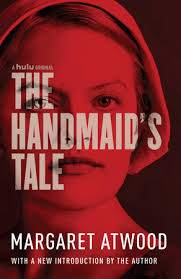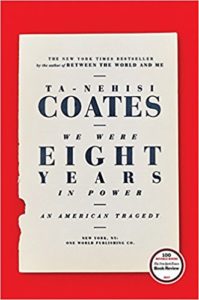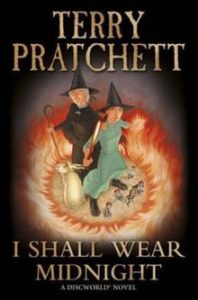
Precious and Grace begins with Mma Ramotswe, founder and proprietor of the No. 1 Ladies’ Detective Agency, reflecting on the people in her life: people who are late, others who are still with us; family, particularly her husband Mr J.L.B. Matekoni; friends and colleagues, from the formidable Mma Potokwani who runs the local orphanage to the capable but occasionally prickly Mma Makutsi, who has worked her way up from secretary to become co-director of the agency. These reflections remind returning reader of the novels’ cast, and serve as a way of bringing new readers into the setting, but they also set up some themes of the book: whether people can change, how to deal with people who are nasty or unkind to others, and the importance of tea in preventing conflict from coming too far out into the open among people who are permanently part of one another’s lives.
Four mysteries, or if not mysteries then questions, drive the events of Precious and Grace. Fanwell, the remaining journeyman mechanic in Mr J.L.B. Matekoni’s garage runs over a dog while out on an errand. The dog is not seriously injured, but Fanwell cannot find anyone to claim the dog, and it seems to be forming a powerful attachment to him. What is the responsible course of action? A client named Susan spent an important part of her childhood in Botswana before her parents’ jobs took the family back to Canada, ostensibly “home” but a place that Susan had no relation to until she was whisked to the cold prairie. She asks for the agency’s help in locating her childhood home, schoolfriends from thirty years previous, and if possible the nanny who looked after her. Mr Polopetsi, an underemployed chemist who sometimes helps Mma Ramotswe and Mma Makutsi, has been telling people about a club for cattle investors that promises twenty-five percent returns. He has recruited a few investors, but it sounds too good to be true, and Mma Ramotswe’s insight into character both human and bovine tells her that the kind Mr Polopetsi may be in over his head. Finally, Violet Sephoto, who has been an antagonist at several points in the agency’s history, is one of two finalists to be Botswana’s Woman of the Year. Can anything be done to stop her? And what if she wins?
Most of the story concerns the search for Susan’s nanny. One possibility emerges as likeliest, but in the course of a conversation, both Mma Ramotswe and Mma Makutsi become convinced that the woman in question could not be the nanny. They do not call her a liar directly — that would be an intolerable breach of etiquette even in fast-moving modern Botswana – but Mma Makutsi implies it so strongly that the lady asks them to let her out of Mma Ramotswe’s little white van immediately, even before they have returned from their destination. The incident prompts a reflection on truth, on why people claim to be things that they are not. Later the same evening, though, Mma Ramotswe comes to doubt her assessment, leading her to think further about the relationship that clients of a detective agency have with truth, and how much of it they are likely to share with detectives; indeed, how much they may be concealing even from themselves.
Precious and Grace has all of the virtues that have led me to treasure the series: human warmth, sharp observation of both foibles and virtues, people making sense of the ways of the world and reacting to it in their individual ways. I found two of the endings not up to McCall Smith’s usual standards. The resolution of Mr Polopetsi’s was more sketched than portrayed, and I thought that was a missed opportunity. The book’s main conclusions about grace and about dealing with difficult people are presented, literally, in a sermon. Even though there are some good observations about churchgoing, and about how people actually behave in the pews, the preaching felt heavy-handed. Other, more effective, scenes more than make up for these shortcomings, however.
There is Fanwell’s compassion with some new orphans who do not speak any of the local languages; his time outside of Botswana has given him a common language with these particular children, and McCall Smith shows how just a little efforts opens them up. He also shows their spirit when the older of the two says, “Water first, then talking.” There are moments when Mma Ramotswe and Mr J.L.B. Matekoni talk past each other slightly, as long-married couples sometimes do when their attention wanders. There is Mma Makutsi’s steadfastness in her opinions. Some of these moments are universal, some are particularly Botswana, some are unique to the individual characters. Each of them is a pleasure in the long-running story of the No. 1 Ladies’ Detective Agency.
The seventeenth book in the series may not be the best place to start, although the first chapter gives enough background to bring a new reader up to speed and events in Precious and Grace do not particularly depend on previous books. It is a lovely series, full of McCall Smith’s warmth for his characters, respect for the setting, and love for people of all sorts.







